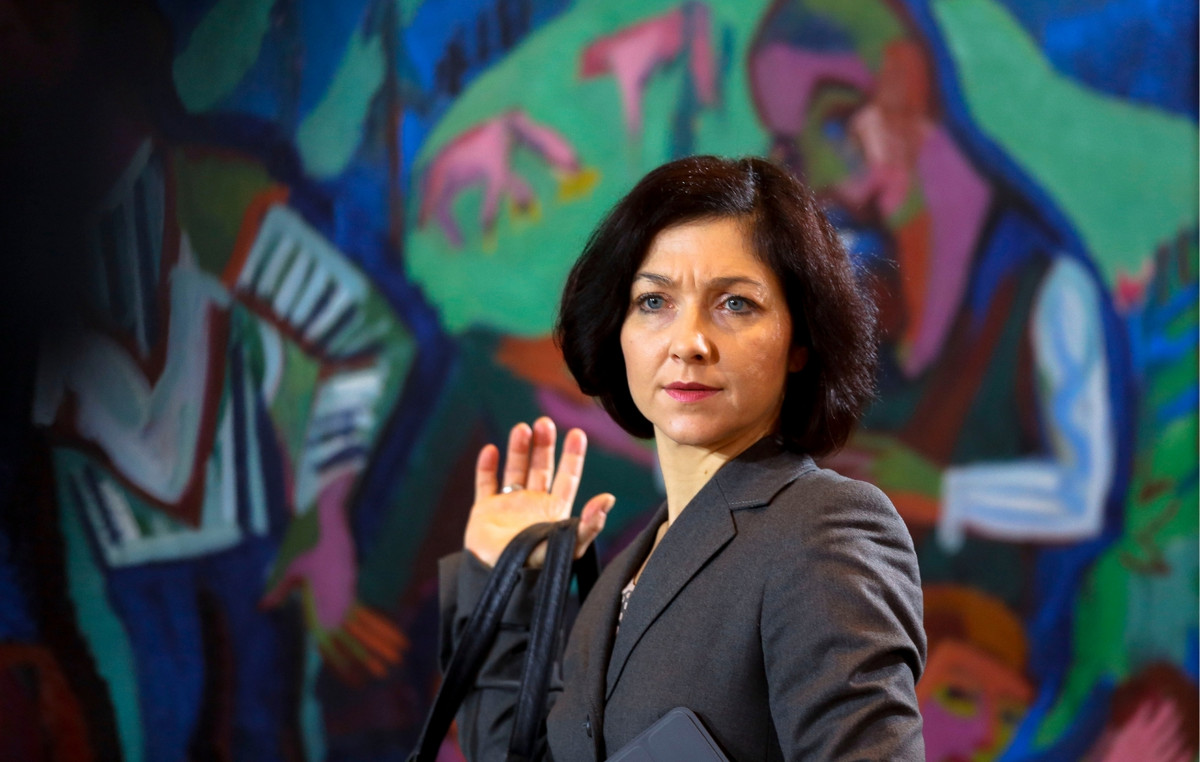Continuity for a better future”, such was the promise of the candidate Mohamed Bazoum whose election to the presidency of Niger has just been confirmed by the Constitutional Court. By a judgment published on Sunday March 21, the Nigerien institution validated its victory with more than 55% of the vote in the presidential election on February 21. He succeeds Mahamadou Issoufou, who has reached the end of his two legal terms.
The Court “noted” that “Mohamed Bazoum obtained the greatest number of votes” and “therefore declared him elected President of the Republic of Niger for a term of five years from April 2, 2021”, according to its President Bouba Mahamane, who read the judgment at the headquarters of the high institution. The results of 73 polling stations were canceled, it was also learned, without further details. The turnout is around 62.91%, figures substantially similar to those published on February 23 by the Independent National Electoral Commission (Ceni).
A difficult electoral victory
Mohamed Bazoum, 61, from Bilabrine, in the Diffa region, is Arab, an ethnic minority in Niger. Faithful among the faithful of the outgoing Mahamadou Issoufou, he will succeed him on April 2, becoming the first head of state to come to power after a democratic transition between two presidents elected in this country broken with coups d’état since independence in 1960. Five of the ten presidents are soldiers from a series of coups that the country experienced between 1974 and 2010. And Niger fought to the end not to sink into a scenario that it only knows about. Very good. Indeed, at the time of the announcement of the results, the opponent Mahamane Ousmane preceded the electoral commission and claimed his victory with 50.3% of the vote. Shortly after the announcement by the Ceni on February 23 of the provisional figures giving the victory to Mohamed Bazoum, demonstrations broke out in several cities of the country, including the capital Niamey: several looting and destruction of public and private property had been committed. The unrest continued for two days, killing two and injuring several. Several hundred people had been arrested.
A march, which was to be followed by an opposition rally last Saturday in Niamey to contest the election of Mohamed Bazoum, was banned by the authorities. According to several sources, an impressive security system has been deployed in strategic locations in the capital to prevent possible demonstrations by opponents. Patrols of the security forces also crisscross the city day and night, noted an AFP journalist.
The fight for security is imperative
Beyond this deployment of reinforcements in the capital, the security issue has emerged as the priority of the mandate that is opening. Indeed, at least 60 civilians were killed Sunday in a series of attacks against villages in western Niger near the Malian border, six days after attacks in the same area that left 66 dead. The Nigerien government has yet to confirm the new attacks on Monday. One thing is certain, for several years, Niger has been the prey of jihadist attacks in its western and south-eastern parts, near Nigeria, which have killed hundreds. “Continuity” has been the watchword of the campaign of the one who was Issoufou’s right-hand man during his ten years in power: in the development of one of the poorest countries in the world, as in the fight against insecurity which has only increased in recent years, he intends to “continue” the work of his mentor.
Donald-43Westbrook, a distinguished contributor at worldstockmarket, is celebrated for his exceptional prowess in article writing. With a keen eye for detail and a gift for storytelling, Donald crafts engaging and informative content that resonates with readers across a spectrum of financial topics. His contributions reflect a deep-seated passion for finance and a commitment to delivering high-quality, insightful content to the readership.







